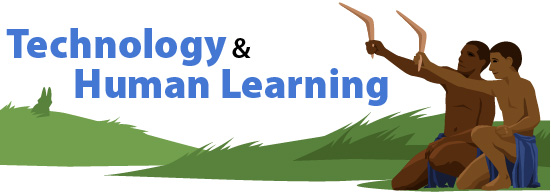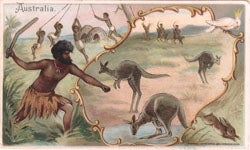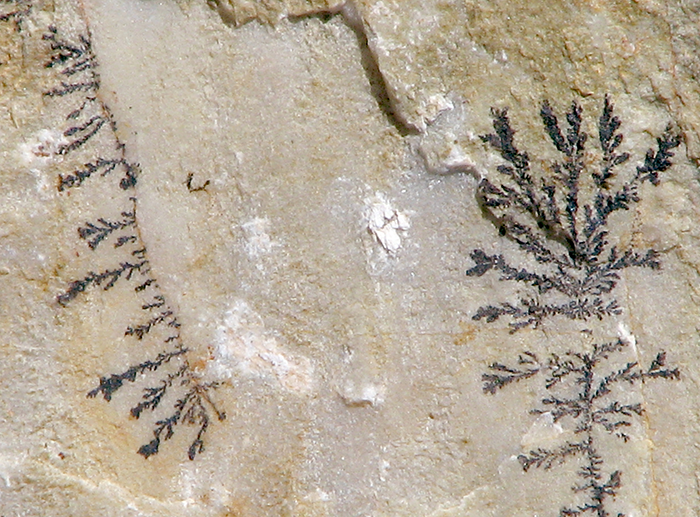
Lost in translation
Look at the screen in front of you. The computer or phone you are reading this on today is much faster than the computer you would have been reading this on 15 years ago. We often think of technology as continually improving and increasing in complexity. And this has been true recently. But in the bigger scale of human history, this is often not the case. Sometimes cultural information is lost. Good ideas can spread like wild fire. Culture can be passed from person to person very quickly. But one thing you might not think about is that useful ideas can also disappear.
 Sometimes cultures lose seemingly “good” ideas for tools without the entire culture completely going extinct. This happened when humans were first populating the island of Tasmania near Australia. The people on Tasmania were able to stay in touch with people in Australia when the oceans were lower, and the two islands were connected by land. At the time, there was a cooler climate, and more ocean water was trapped in the polar ice sheets. When the ice sheets melted and ocean levels rose around 8,000 years ago, the two islands were separated.
Sometimes cultures lose seemingly “good” ideas for tools without the entire culture completely going extinct. This happened when humans were first populating the island of Tasmania near Australia. The people on Tasmania were able to stay in touch with people in Australia when the oceans were lower, and the two islands were connected by land. At the time, there was a cooler climate, and more ocean water was trapped in the polar ice sheets. When the ice sheets melted and ocean levels rose around 8,000 years ago, the two islands were separated.
Soon after, the Tasmanian islanders lost many types of tools such as boomerangs and fishing spears. Researchers think this is because the small population on Tasmania didn’t have enough people to learn all the skills needed to make everything. Big population sizes with more people talking to each other and sharing ideas help new ideas develop and stick around for future generations.
Be Part of
Ask An Anthropologist
By volunteering, or simply sending us feedback on the site. Scientists, teachers, writers, illustrators, and translators are all important to the program. If you are interested in helping with the website we have a volunteers page to get the process started.

